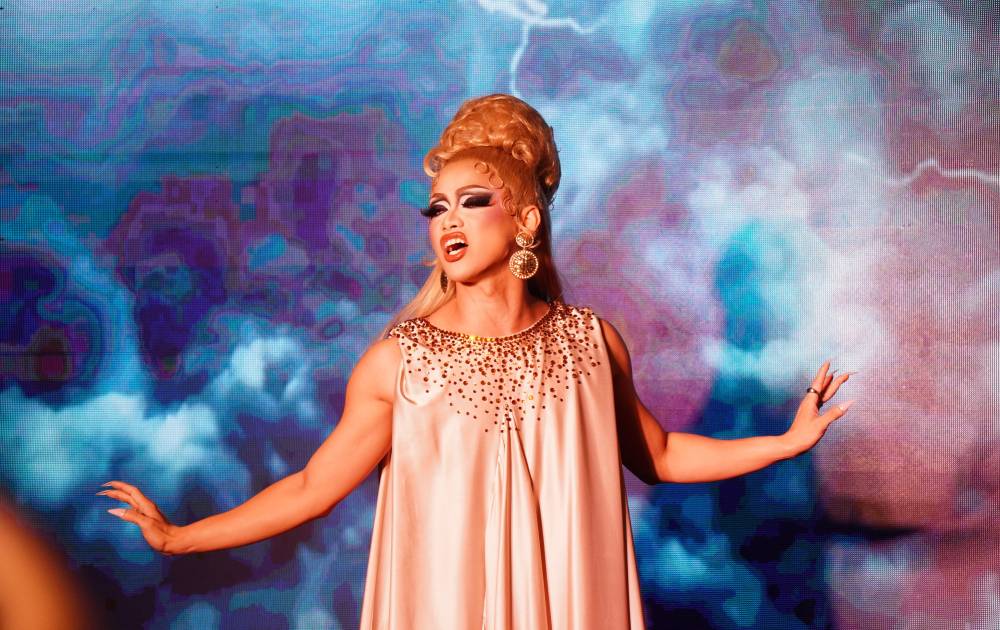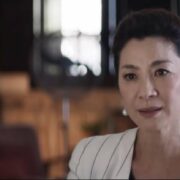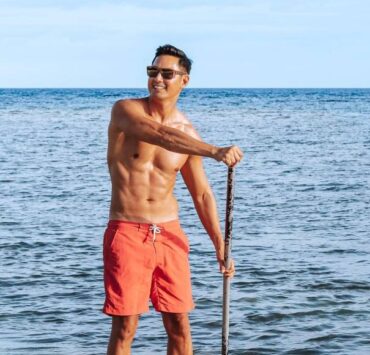Let’s all talk about sex
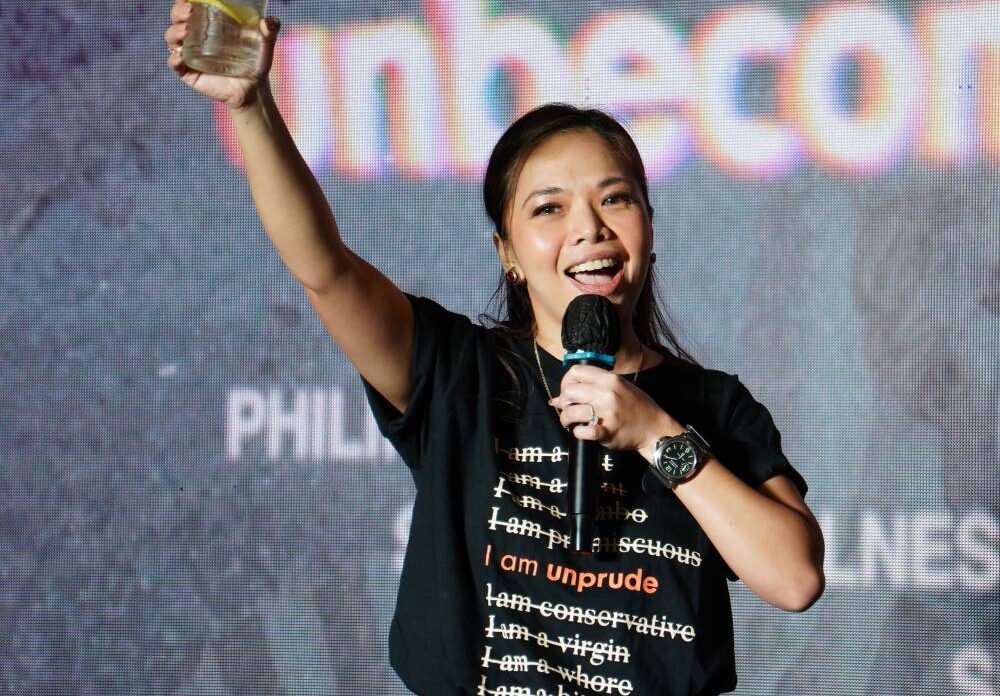
Sex sells, as they say in advertising, but apparently not when you’re trying to advocate for an open and healthy discussion on a matter still considered taboo in many conservative cultures.
That was what Dr. Rica Cruz, a clinical sexologist, realized when the Movie and Television Review and Classification Board (MTRCB) “attacked” her advocacy by banning early this year her Cignal TV program on sex education, “Private Convos with Doc Rica.”
During that time, Cruz recalled, she was ready to throw in the towel and leave to pursue her doctorate studies abroad. Thankfully, her friends and fellow advocates talked her into continuing the fight, which then led her to set up the sexual wellness ecosystem she called Unprude. It offers an app and other services to help guide subscribers in every stage of their sexual journey.
“This is just the beginning,” she said at the recent “Unbecoming: A Sexual Wellness Summit,” a first-of-its-kind event mounted by Unprude in partnership with like-minded businesses Kindred Health Inc., Jellytime, and Soulful Feasts. It brought together experts, advocates and participants at the Rockwell Club in Makati City to create open and informed conversations on sexual wellness.
In explaining the summit’s title, Trish Bautista, a cofounder of Unprude and an event cohost, remembered her growing-up years in an all-girl Catholic school, where every “unlady-like” move warranted a scolding from her teachers.
“That’s all I heard if my voice was a little bit too loud or my skirt a little bit too short: ‘You’re so unbecoming of a woman,’” she said. “Today, we’ll take it back. Maybe unbecoming isn’t such a bad thing, after all. Maybe unbecoming is an opportunity to learn more about ourselves and shed the expectations that didn’t work for us in the first place.”
Bautista’s cohost, Aryn Cristobal, then declared, “Unbecoming is claiming the freedom to define ourselves on our own terms, which is unprude as well.”
Beyond reproductive science
Starting the ball rolling on the discussion was Dr. Judith Perez-Peralta, chief medical officer of Kindred Health Inc. She stressed the parents’ duty to give the first sexual health awareness and education to their children. “We don’t wait for our children to go to school to learn about it. Sexual awareness is not just the reproductive science.”
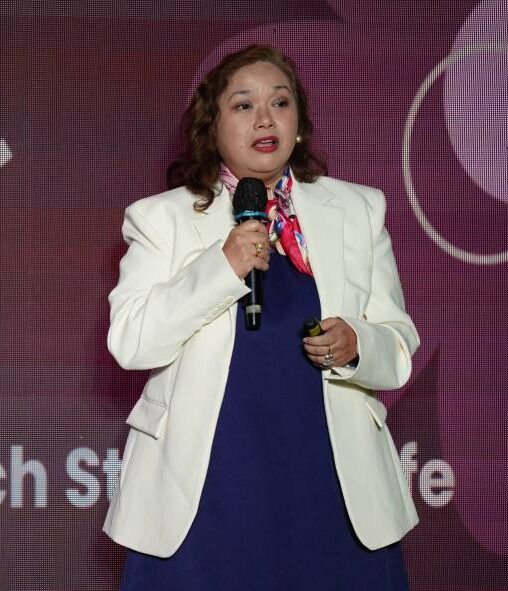
The World Health Organization (WHO) defines sexual health as “a state of physical, emotional, mental and social well-being in relation to sexuality; it is not merely the absence of disease, dysfunction or infirmity.” It also requires “a positive and respectful approach to sexuality and sexual relationships, as well as the possibility of having pleasurable and safe sexual experiences, free of coercion, discrimination and violence.” For it to be attained and maintained, “the sexual rights of all persons must be respected, protected and fulfilled.”
Perez-Peralta pointed out, “Sexual health can be maintained through the different stages in a woman’s life—from adolescence, puberty and young adulthood to the parenthood stage and late adulthood.
In Kat Alano’s talk, the TV personality and staunch advocate against sexual violence noted that “Filipinos are more sexual today than they’ve ever been, yet we’re not talking about it.” Thus her choice of the topic, “Sex in Filipino Culture: The Conversation We’ve Never Had.”
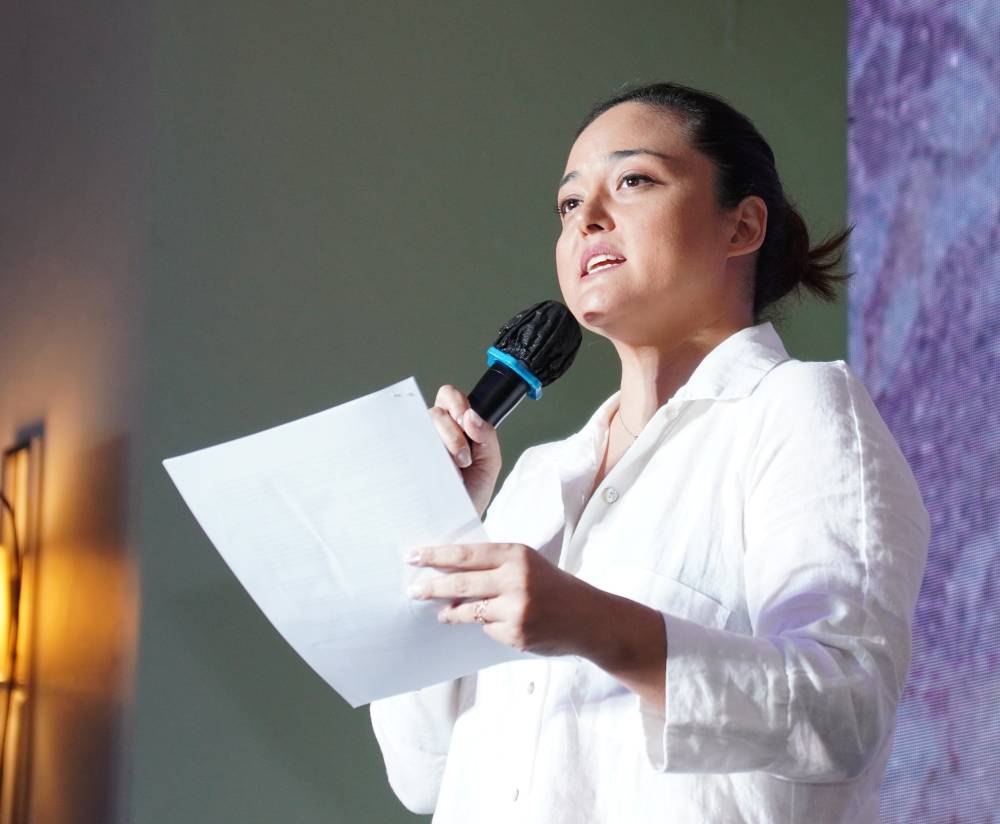
She recounted an incident that happened when she was 19: “I was convinced by a man to let him drive me home after we’d been drinking. Little did I know he had put something in my drink, and this led to me being date-raped in my own apartment.”
What happened next shocked her more. “Many people blamed me for what happened to me,” she said, giving a few examples of accusatory comments. “Are you sure you didn’t ask for it?’ What were you wearing?’ “Why didn’t you do anything about it?”
Over the years, Alano came to this conclusion: “Because we never talk about sex, we never talk about consent. We never talk about abuse. Because women are seen as objects made to satisfy the desires of men, issues like rape are pushed to the side and treated just like a bad sexual encounter, which makes you a sullied woman for life. Rape victims are too ashamed to speak about it.”
Self-silencing
She then reiterated her call to action: “Let’s talk about sex because not only do we deserve to know about STDs, pregnancies and sexual health, but we also deserve to be protected from those who would use sex for their own game.”
Stephanie Zubiri, founder of approachable wellness platform Soulful Feasts, also talked about experiencing sexual violence at age 18 and trying to forget about it for 21 years.
“A lot of times I think women who’ve experienced abuse choose to self-silence. But the grief and the trauma that we experienced, no matter how deep we bury it, will come back until we deal with it and release it to the light,” Zubiri said.
She and Alano are just two cases among the many that also deserve attention, according to lawyer Alex Castro, a women’s and children’s lawyer, and Isabela Aguirre, who works with the Philippine Commission on Women through the Inter-Agency Council on Violence Against Women and their Children. The two advocates against sexual violence and gender-based discrimination spoke on the topic “Rising Above: From Narratives of Abuse to Stories of Empowerment.”
Castro stated, “When we talk about the issues of sexual harassment and getting survivors to speak up, we always say that it’s important to educate both men and women on what constitutes sexual violence and gender discrimination.”
Based on the cases she’s handled, the lawyer said she can sense ambiguity when survivors talk about their experiences. That’s where she comes in to give a legal perspective. “When we think of sexual violence, we think of the more extreme and really violent cases. But there are small gestures and acts that constitute sexual violence.”
It’s a long and complex discussion, but, she pointed out, efforts like the sexual awareness summit help a lot in educating not only women, but everyone else about sexual health in general.
